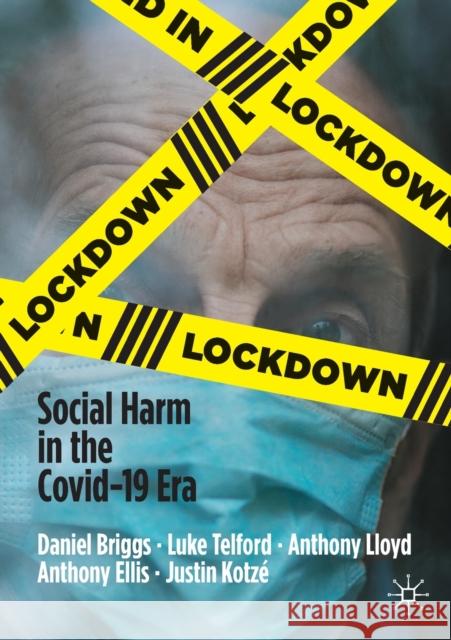Lockdown: Social Harm in the Covid-19 Era » książka
topmenu
Lockdown: Social Harm in the Covid-19 Era
ISBN-13: 9783030888244 / Angielski / Miękka / 2021 / 388 str.
Kategorie:
Kategorie BISAC:
Wydawca:
Springer Nature Switzerland AG
Język:
Angielski
ISBN-13:
9783030888244
Rok wydania:
2021
Ilość stron:
388
Waga:
0.46 kg
Wymiary:
21.01 x 14.81 x 2.03
Oprawa:
Miękka
Wolumenów:
01
Dodatkowe informacje:
Wydanie ilustrowane











